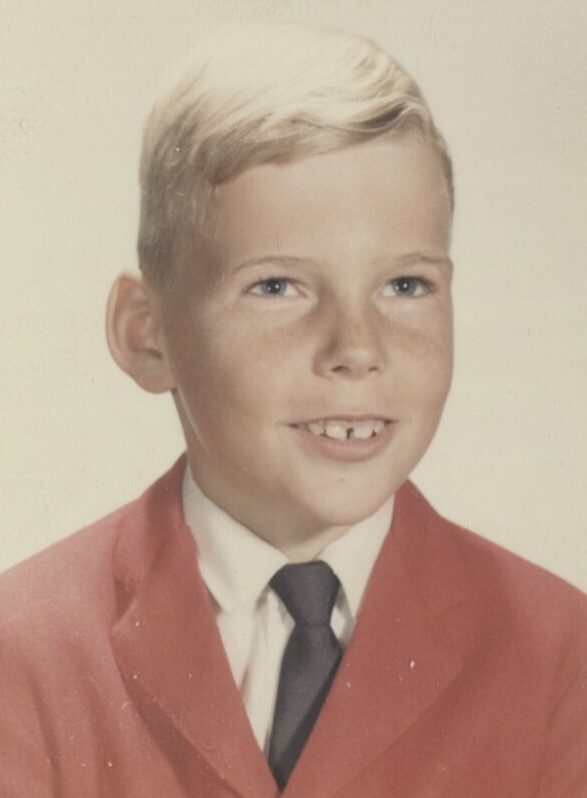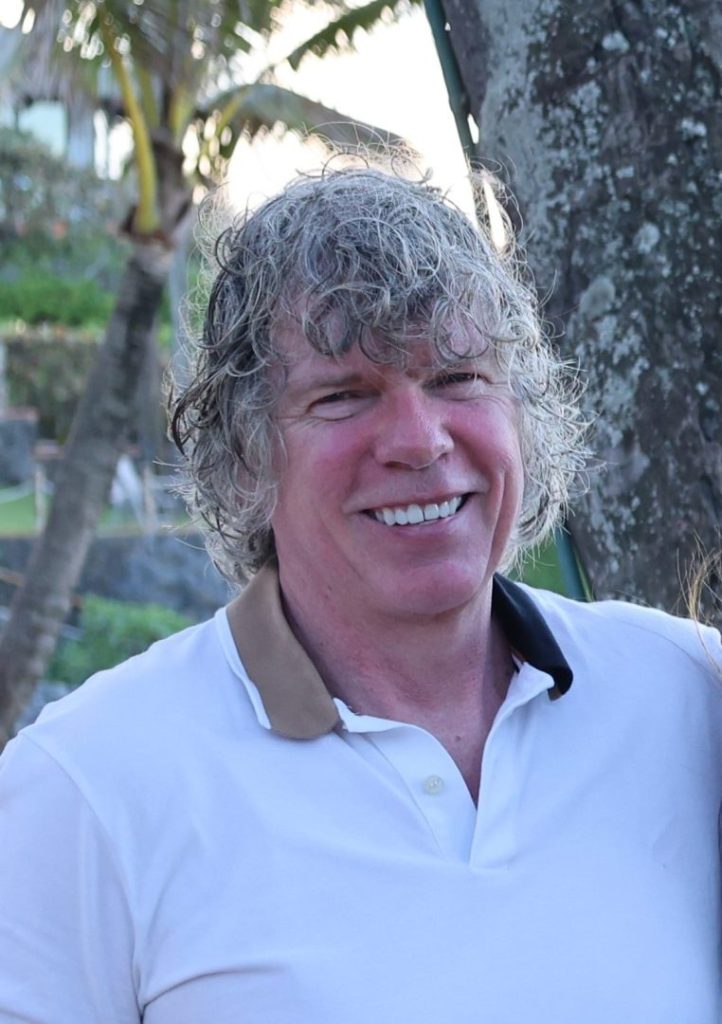When Jeff Schippmann first started showing symptoms of Tourette Syndrome (TS) at six years old, teachers didn’t see a neurological disorder. They saw disruption. His eye rolling and head jerks looked like mischief.
His restlessness looked like defiance.
“I kept getting kicked out of school for being disruptive,” Jeff remembers. “Eventually, the solution was medication; heavy medication. From ages six to fourteen, I essentially slept through school.”
In the 1960s, when Jeff was a child, Tourette Syndrome wasn’t widely understood.

Many kids went undiagnosed. For Jeff, that meant years spent on prescribed sedative drugs strong enough to keep him quiet but too strong to let him participate in class and learn. “A lot of very basic stuff, spelling, math; I just missed during those years,” he said.
Corey King, who interviewed Jeff for Tourette Canada’s Stories project, connected immediately. “That really struck me,” Corey said. “It’s the same with my own disability. The school thought I was lazy in gym when really I had a neuromuscular disorder. They just didn’t get it. They saw the behaviour, not the reason.”
Jeff was shuffled between classrooms and schools, even sent to programs for so-called “problem kids.” It was a confusing time. Yet even as those years stacked against him, something was being forged beneath the surface: resilience.

Jeff describes how he eventually developed an unusual ability to focus.
“People with Tourette Syndrome often learn to manage and channel their energy,” he explained. “That gave me this ability to really lock in on something. And honestly, I carried a chip on my shoulder; the feeling of I’ll show them. That drive fueled my whole career. This is not an unusual perspective in adults with TS.”
It pushed Jeff into a remarkable career.
He earned a PhD in psychology, specialized in leadership and organizational development, and spent four decades advising Fortune 500 companies. He built executive assessment programs, guided CEO selections, and served as Chief People Officer for billion-dollar firms.
Few colleagues ever knew about his TS. “I never led with it,” he admitted. “No one in those organizations ever knew. I just dealt with it, managed around it. Were there challenges? Sure. But the drive, the focus, the determination, those are the things that served me.”
As an adult, those challenges sometimes showed up in subtle but powerful ways. “I think it’s the sensory overload that is the issue,” Jeff said, describing crowded rooms and high-energy environments. It wasn’t the stakes that made tics harder to control, but the overwhelming press of people and activity.
“I can work around it regardless,” he explained. “Have there been certain situations where I’ve tried to stay away from certain environments or do things a certain way, and that’s been less than optimal? Yeah. But you know everybody has got workarounds that are sometimes less than optimal for their own reasons.”
Looking back on his school years, Jeff is frank about how little was understood at the time. “Is there anything the schools could have done differently? Sure. I suppose like a thousand things, but this was 60 years ago. Teachers were like, “ We like this kid, but what’s going on?!” “I don’t know how to handle him. I’ve got 40 other kids in my class, and I don’t know what to do!” So there’s no blame. That was the deck of cards that was dealt at that point in time. And people did the best they could.”

For Jeff, that lack of understanding is exactly why awareness matters so much today.
“That’s part of what’s really important to me about Tourette Canada, and the organization’s mission of education and awareness. There just was just very little awareness 60 years ago. If there had been, could we have done some things a little better or differently? Of course. But at the time, the only focus was on how do we keep this guy in his chair and not disrupt everybody.”
That perspective fuels Jeff’s current role as Vice President of Tourette Canada. Today, education and awareness have improved, but gaps remain. Tourette Canada provides information, peer connections, and advocacy for individuals and families across the country, while also working to raise funds for research into TS and its links with ADHD and OCD.
For families receiving a new diagnosis, Tourette Canada is often the first lifeline.
Jeff hopes the future will look very different from his past. “We’re pretty good in some areas, but there are still gaps across provinces,” he said. “Success will be when we can support families everywhere, raise national awareness, and fund the research that will deepen understanding of this condition.”
Jeff’s story is proof of what’s possible when resilience meets opportunity.
From a boy who was misunderstood by the education system to a man guiding global companies, his journey shows that success doesn’t come despite the struggle.
Sometimes, it’s built from it. And with more awareness, support, and compassion, the next generation of kids with Tourette Syndrome won’t have to fight quite as hard to prove it.

